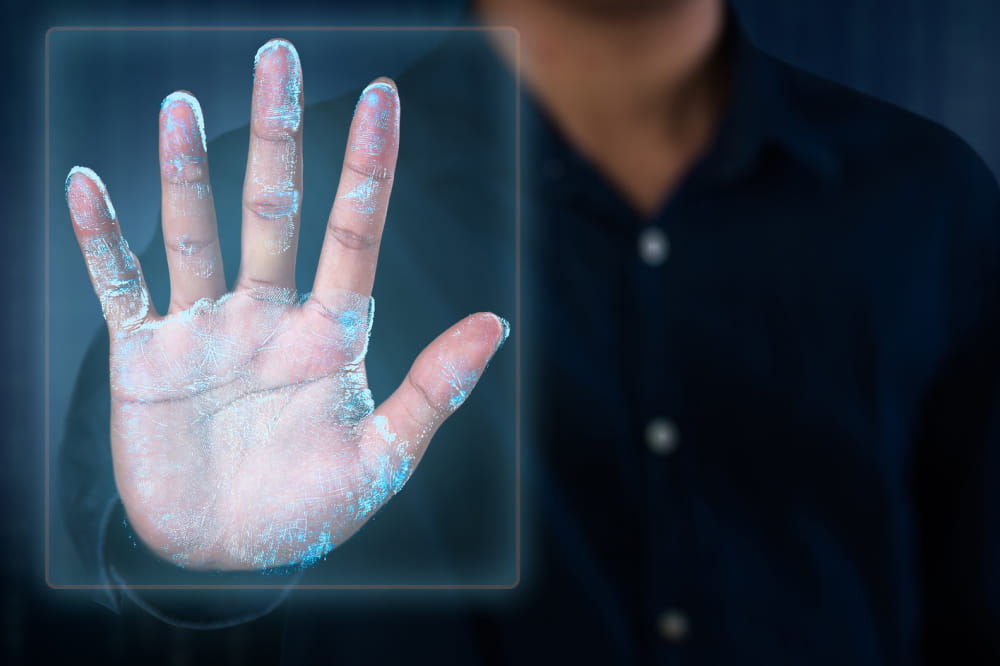
Common types of biometric devices and accessories
Many organizations these days use biometric devices to control access and enhance security on their premises. These devices scan a person’s unique physical or behavioral traits to identify them. From fingerprint scanners to facial recognition systems, biometric technology has revolutionized various industries, making authentication processes more seamless and reliable. This post takes a closer look at biometric devices, discussing their types, accessories, and how Biometrics-as-a-Service (BaaS) is changing the digital security landscape.
Types of biometric devices
The following are a few common types of biometric devices:
Fingerprint scanners
Fingerprint scanners are among the most widely used biometric devices. They capture and analyze the unique patterns of ridges and furrows on a person’s fingertip for identification and authentication.
Facial recognition systems
These systems use advanced algorithms to capture and verify an individual’s unique facial features. Facial recognition is used in security monitors, mobile devices, and payment systems.
Iris scanners
Iris scanners capture and analyze the intricate patterns in the iris, which are unique to each individual. The technology is incredibly accurate and widely used to control access to high-security areas of a building.
Voice recognition systems
These systems identify individuals based on their unique vocal patterns, such as pitch, tone, and pronunciation. The technology is commonly used in voice-activated devices and phone authentication.
Biometric health monitors
Heart rate monitors and fitness trackers use biometric data to provide insights into an individual’s health and physical activity. These devices have gained popularity in the wellness and fitness industry.
Biometric wearables
Biometric wearables combine the functionalities of biometric devices with wearable technology. Examples include smartwatches and fitness bands.
Most systems discussed above are designed to grant or restrict access to specific areas. They are widely used in environments like offices, banks, research laboratories, and government facilities. Businesses and organizations often require customized biometric solutions that integrate into their existing security and authentication systems. Thankfully, many technology companies assist businesses in making this possible.
Biometric accessories to invest in
Besides purchasing fingerprint scanners, voice recognition devices, and other biometric systems, businesses must invest in accessories like the following:
Biometric device mounts
Mounts and brackets help securely install biometric devices like fingerprint scanners and facial recognition cameras, lowering the risk of damage.
Biometric device stands
Stands offer stable support for handheld biometric devices like fingerprint scanners, making them easily accessible.
With the increased use of biometric technology, the demand for biometric repair services has also grown. Many companies help fix and maintain biometric monitors and accessories to ensure optimal performance.
What is Biometric-as-a-Service (BaaS)?
BaaS is a technology that allows businesses to leverage the benefits of biometrics without investing in extensive infrastructure. It stores the organization’s biometric data securely on the cloud. BaaS is a highly preferred solution as it is scalable and easier to integrate than traditional on-premise systems. Businesses also save on hardware and maintenance. BaaS finds applications in various industries, including finance, healthcare, and retail, for identity verification, fraud prevention, and personalized customer experiences.
Biometric devices have become an integral part of modern security and authentication. They help verify individuals based on unique physical or behavioral traits. From fingerprint scanners to facial recognition systems and biometric wearables, these devices have transformed how we interact with technology and access our personal information. Biometric-as-a-Service (BaaS) further democratizes biometric technology, making it accessible to businesses of all sizes.




